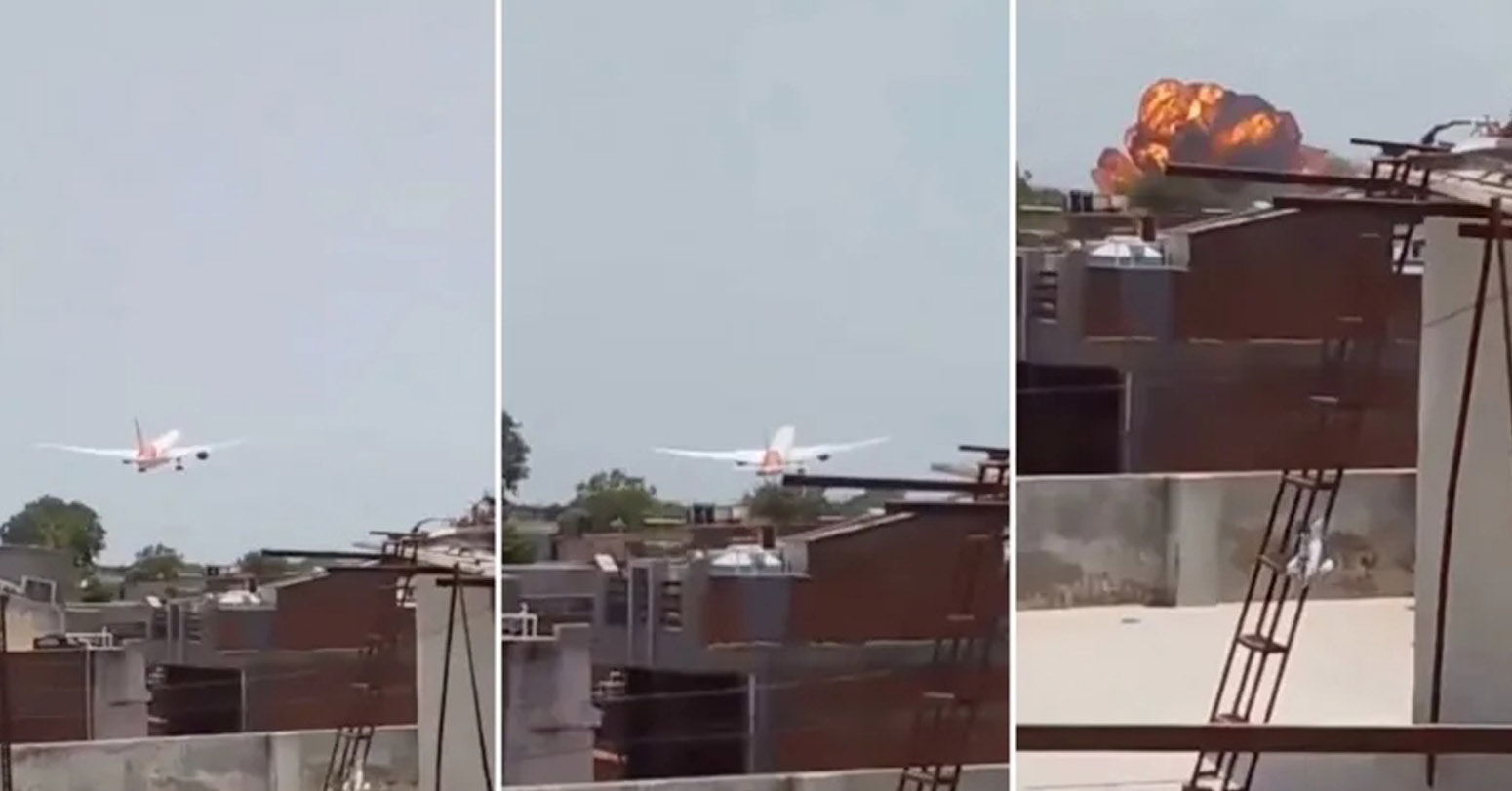
Israel's foreign minister threatened Wednesday that his country's forces would strike Iran directly if the Islamic Republic launched an attack from its territory against Israel, as tensions between the rival powers flare following the killings of Iranian generals in a blast at the Iranian consulate in Syria.
“If Iran attacks from its territory, Israel will respond and attack in Iran,” Israel Katz said in a post on X in both Farsi and Hebrew.
The remarks came after Iran’s Supreme Leader Ayatollah Ali Khamenei reiterated early Wednesday a promise to retaliate against Israel over the attack on its consulate in Damascus earlier this month.
Tehran holds Israel responsible for the strike that leveled the building, killing 12 people. Israel has not acknowledged its involvement, though it has been bracing for an Iranian response to the attack, a significant escalation in their long-running shadow war.
Khamenei spoke at a prayer ceremony celebrating the end of the Muslim holy month of Ramadan, saying the airstrike was “wrongdoing" and akin to an attack on Iranian territory.
“When they attacked our consulate area, it was like they attacked our territory,” Khamenei said, in remarks broadcast by Iranian state TV. “The evil regime must be punished, and it will be punished.”
Neither Katz nor the Ayatollah elaborated on the way they would retaliate.
Among 12 killed in the blast on Apr. 1 were seven Iranian Revolutionary Guard members, four Syrians and a Hezbollah militia member.
Khamenei also criticized the West, particularly the U.S. and Britain, for supporting Israel in its war against Hamas in Gaza.
“It was expected they (would) prevent (Israel) in this disaster. They did not. They did not fulfil their duties, the Western governments,” he said.
Iran supports anti-Israeli militant groups like Palestinian Hamas and Lebanese Hezbollah. It does not recognize Israel.
-AP

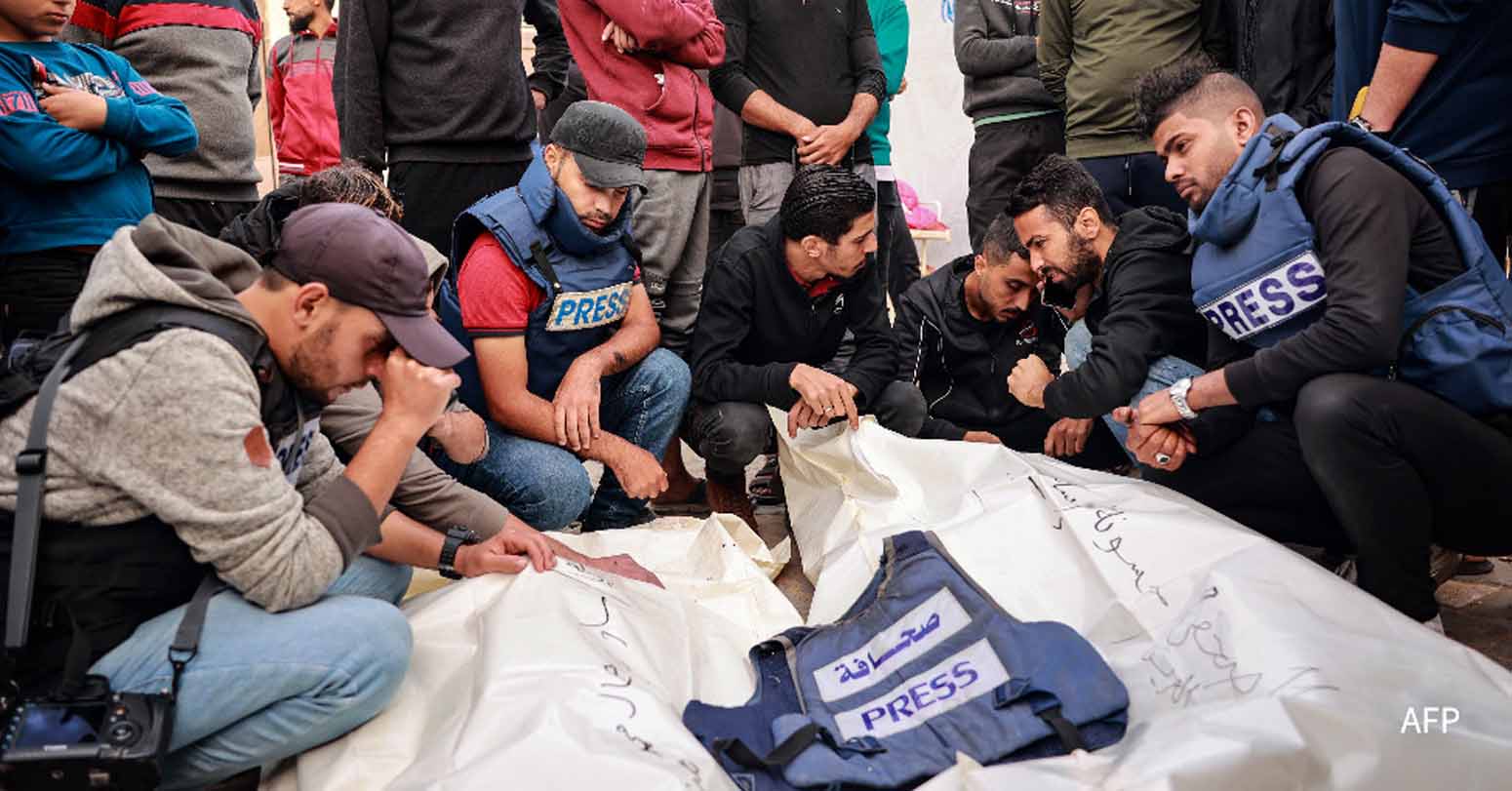

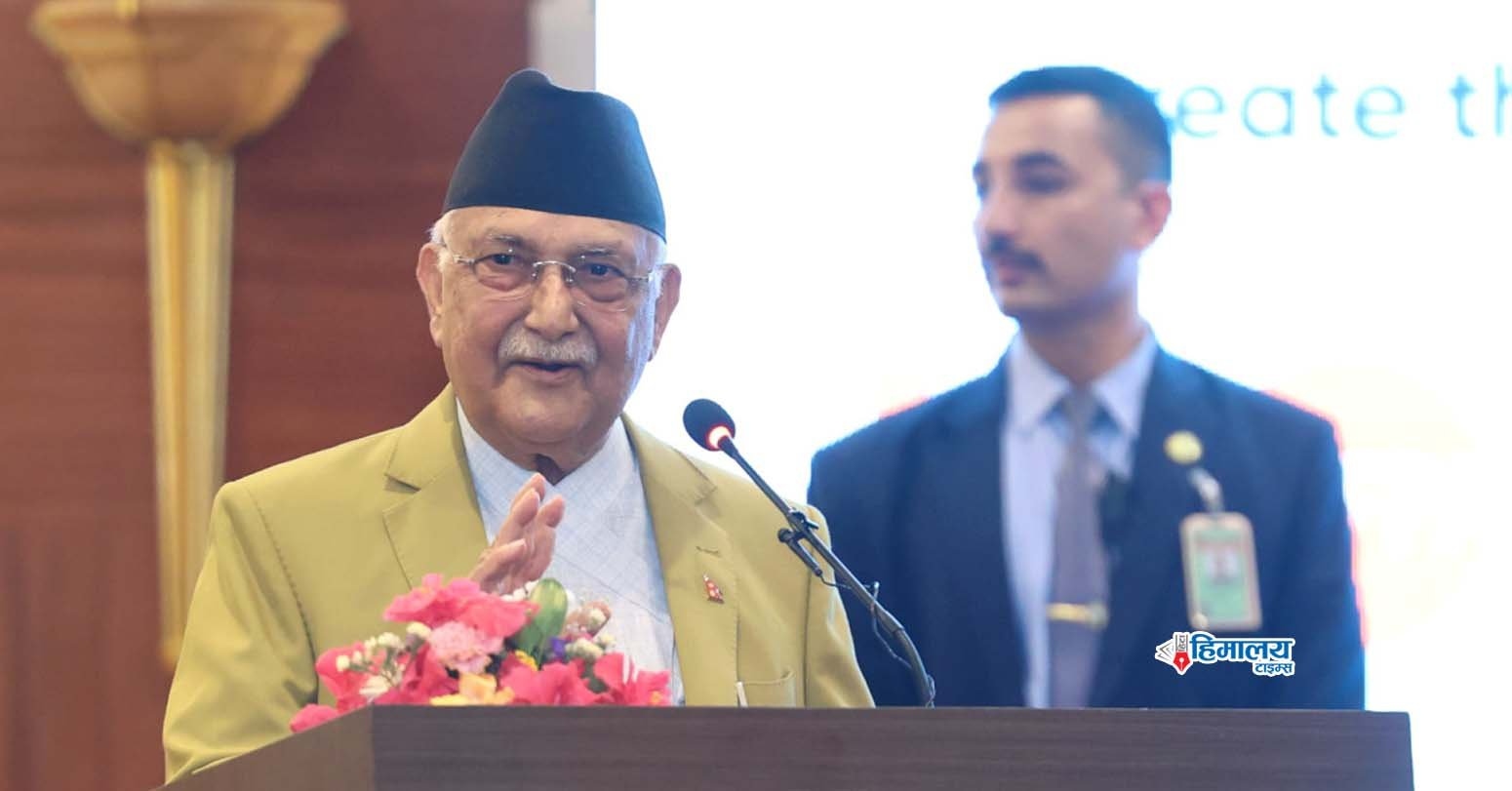



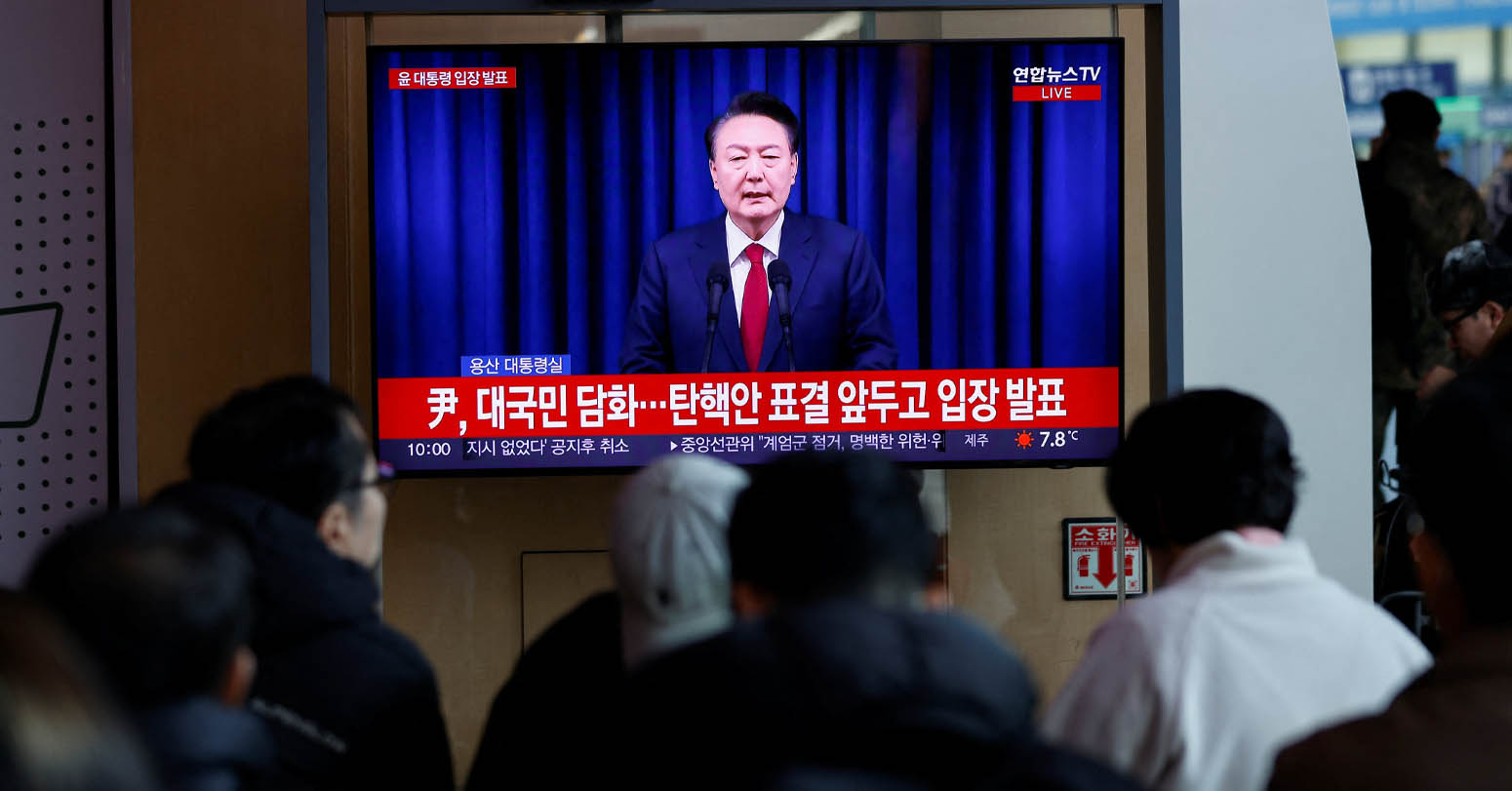
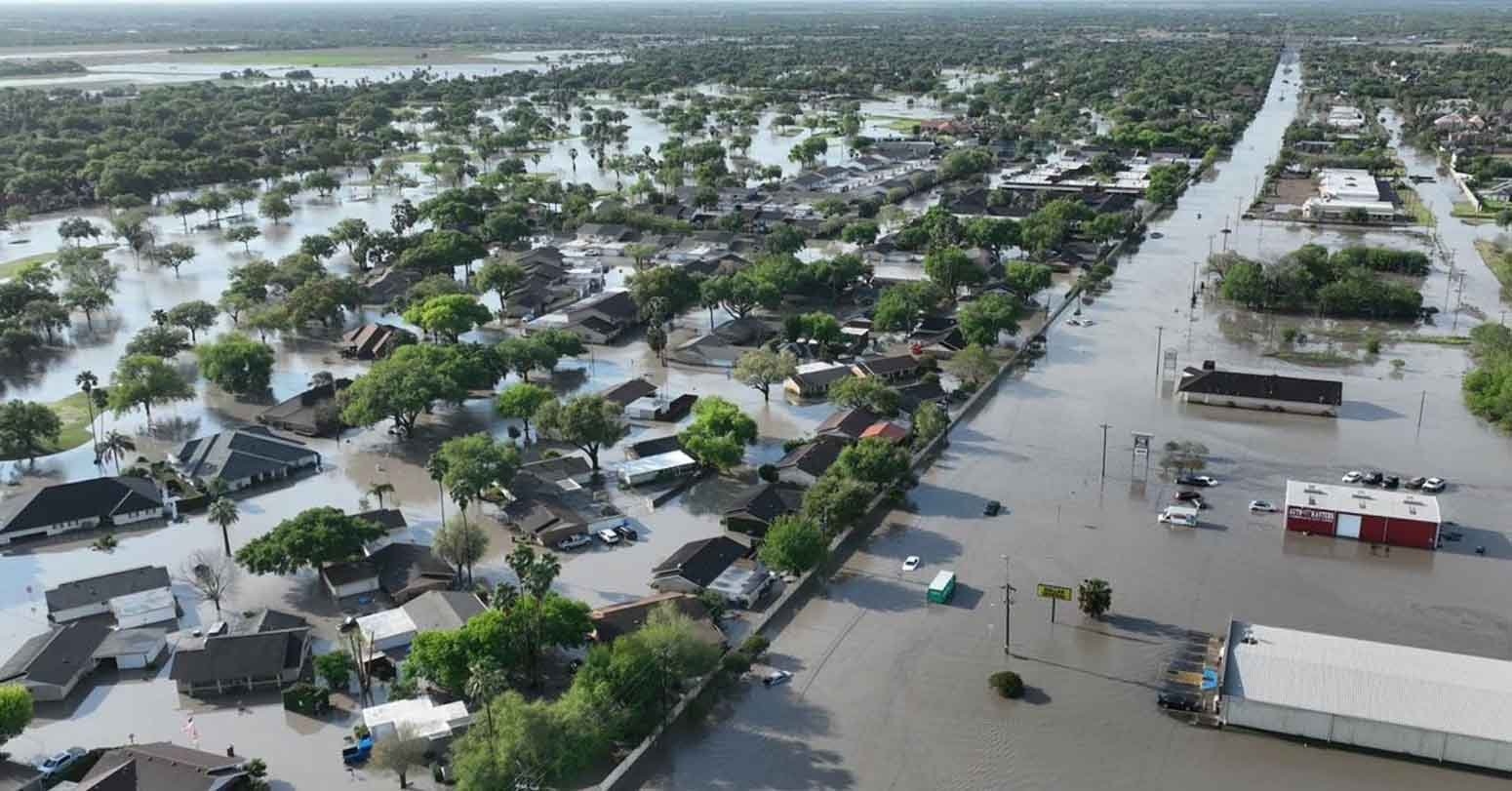
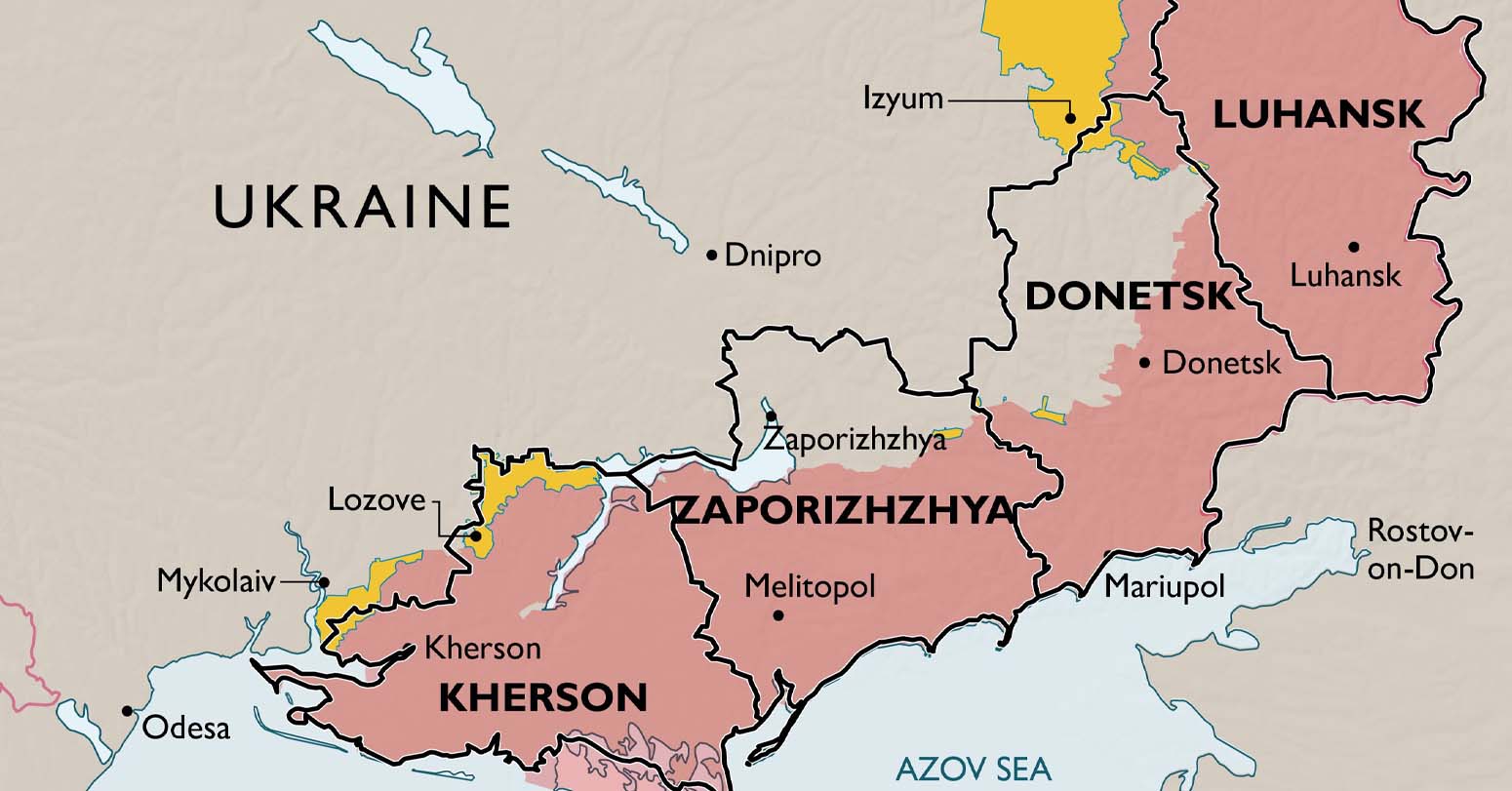



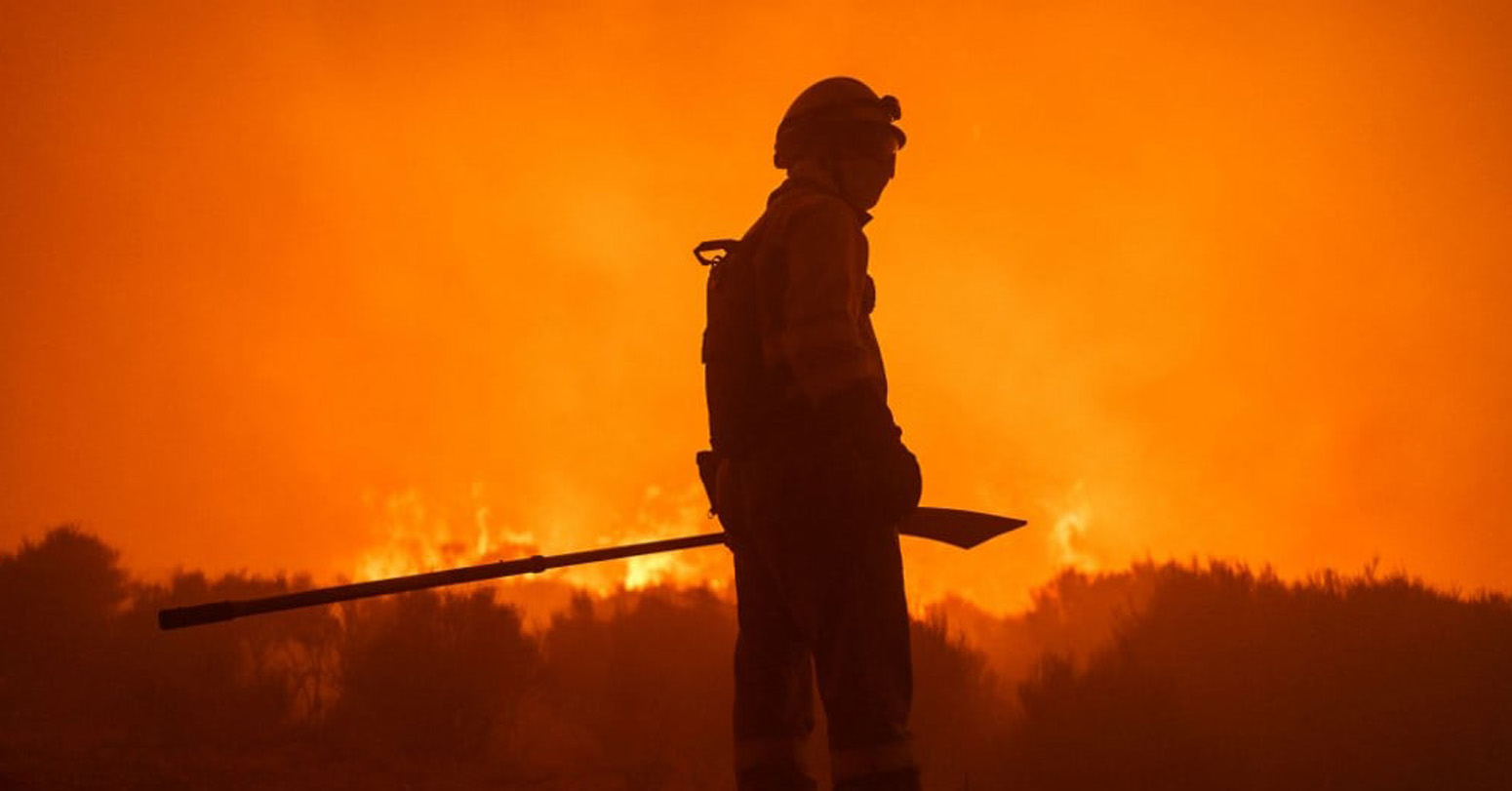

Middle-aged man spends millions to
Dr. Dharam Raj Upadhyay: Man
Breathing The Unbreathable Air
Comprehensive Data Protection Law Critically
Gender Differences In Mental Healthcare
Erosion of Democracy